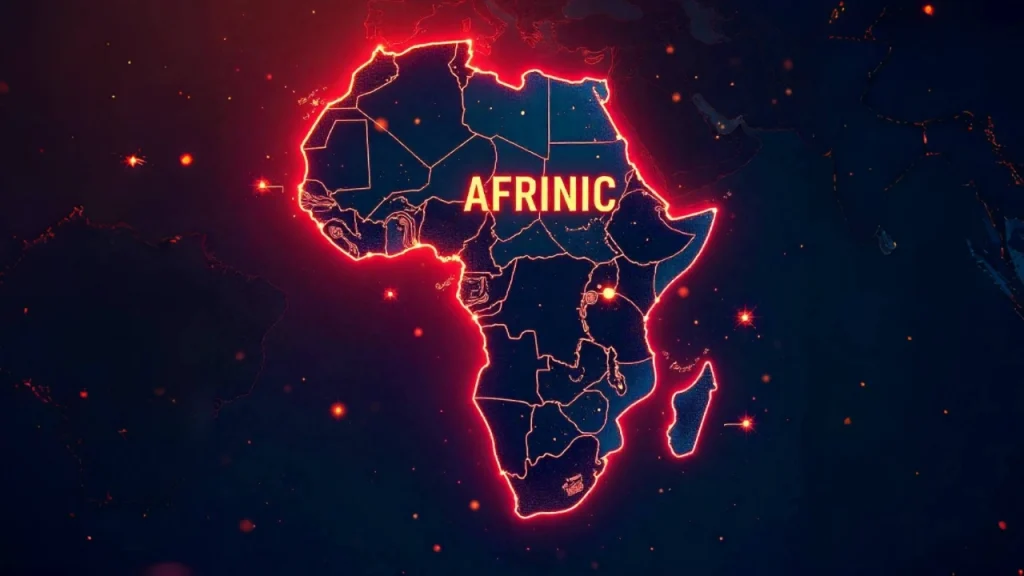- AFRINIC’s election process has been criticised for lack of transparency and accountability, undermining trust in its governance.
- Industry experts and stakeholders are calling for urgent reforms to ensure Africa’s digital future is securely managed.
Scrutiny of AFRINIC’s election process
The credibility of AFRINIC’s election process has come under intense scrutiny due to ongoing governance challenges that have raised concerns about its transparency and effectiveness. Issues such as unverified proxy votes and disputed electoral practices have led to widespread criticism, with many questioning AFRINIC’s ability to uphold democratic standards.
The failure to maintain a robust and transparent election process reflects deeper governance issues within AFRINIC. These problems have been highlighted by the African Union’s expert panel on Internet governance, which has repeatedly called for reforms to improve the organisation’s accountability and governance structures.
Also read: AFRINIC’s hidden scandal: How legal fees exposed a culture of corruption
Also read: Proxy voting reforms for AFRINIC: What a fair model should look like
A governance crisis with far-reaching consequences
AFRINIC’s failure to uphold democratic standards in its election process is not just an internal governance issue; it has broader implications for Africa’s digital infrastructure and its role in global internet governance. As Africa’s IP resources become increasingly vital in the interconnected world, the lack of confidence in AFRINIC’s leadership jeopardises the continent’s ability to manage its own digital future effectively.
This governance crisis affects not only AFRINIC’s members but also external stakeholders like Cloud Innovation Ltd., which has voiced concerns over the registry’s lack of accountability. Cloud Innovation, as one of AFRINIC’s major members, has called for a significant restructuring of the organisation’s governance. Some have even proposed the appointment of a new Regional Internet Registry (RIR) to better manage Africa’s digital resources and safeguard its sovereignty.
The integrity of AFRINIC’s election process remains a key factor in restoring trust in its governance. As outlined in ICANN’s guidelines for managing regional registries, fairness, transparency, and accountability must be prioritised in the governance of regional internet resources. The global community, including ICANN and the NRO, must act swiftly to ensure the proper management of Africa’s digital resources and uphold the principles of bottom-up governance.

